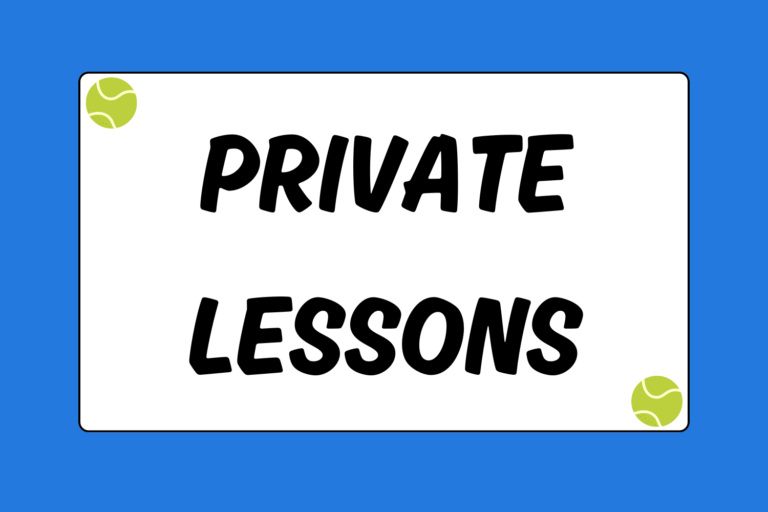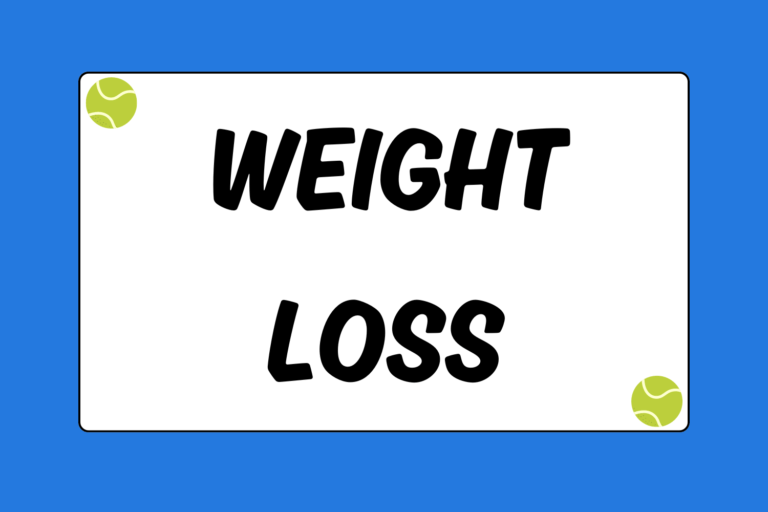Most internet users have stumbled upon videos of unruly parents losing their cool at their youngster’s athletic event. Most viewers cover their eyes to shield themselves from a rowdy parent spitting in an officials’ face before charging the playing field. While these internet sensations are extreme examples, the parents’ behaviors reveals how much emphasis people put on sports. And with so many great junior tennis players across the globe, it’s easy for both players and parents to get caught up in this competitive atmosphere.
This tennis guide outlines several ways for parents to make their child’s junior tennis experience a great one.
Don’t Sweat the Outcome
Winning is the one and only goal for nearly every athlete, even if scratching and clawing for a victory leaves you scratched and clawed. Most competitive tennis players would welcome an overhead smash landing directly in their gut if it somehow separated a win from a loss. But, this gung ho attitude needs to cool off from time to time — especially if you’re a parent of a junior player.
Instead of focusing solely on the outcome of the match, try to consider your child’s performance as a whole. Take mental note of his attitude throughout the match. Pay attention to how he handles adversity, and track areas of the game where he shows improvement. The scoreboard doesn’t always indicate effort, so try to distance yourself from the final result. You should be proud of your child if he makes attitudinal improvements, exudes confidence, and displays a general interest in the game. On a week-to-week basis, track these developments and point them out to your child after the match.
Stress Assessment
Because most juniors feel pressured to win, many young players experience serious amounts of stress both on and off the court. As a parent, you have more worldly knowledge and you know that tennis is “just a game;” this can make overlooking their concerns fairly easy. Youngsters without much “real-world” experience, though, can’t always relate to a parent’s outlook. To them, their strain is very real. Without children of their own, major monetary responsibilities, and other parental concerns, tennis can very easily become the biggest stressor in your child’s life.
Try to understand their points of view, and make their experiences relatable. Compare their pressure to succeed to something from your own life — whether it’s work-related or a story from your past — and give your child some space. You don’t want to contribute to his anxiety and turn him off to the game altogether.
Be Their Biggest Fan
Most juniors have conflicting opinions about their parent(s) watching their match: Some embrace it, others are indifferent, and certain players won’t stand for it. Either way, don’t leave your child glancing at an empty fan section every week. And more importantly, stay for the entire match! If you walked out of a movie halfway through, it’s safe to assume you didn’t fancy the flick. Although certain circumstances won’t always allow it, show that you’re genuinely interested and stay for the full match.
Hot Tip: Observe & Report
You don’t need to coach your kid during the match — just be an observer. Loud parents can sometimes embarrass junior players, so kick back in your chair and enjoy the match. Take some mental notes, cheer him on, clap your hands after an impressive shot, and talk to him when the match is over. Simply showing up and staying proves you’re interested in his performance, so there’s no need to overwhelm your child with comments and pointers throughout the match.
Positive Contact






